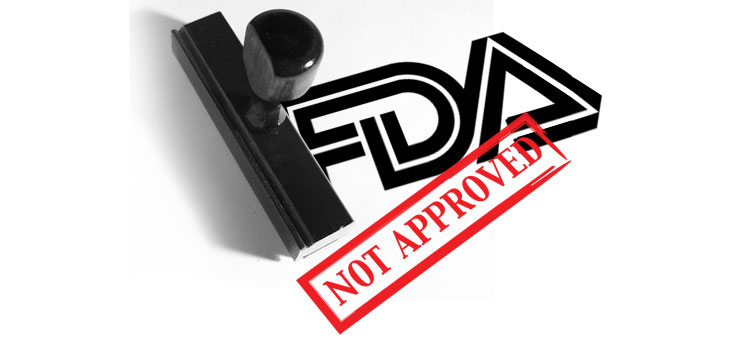 It has come to the public attention that the two deaths caused by the superbug at UCLA were caused by an unapproved endoscope.
It has come to the public attention that the two deaths caused by the superbug at UCLA were caused by an unapproved endoscope.
A Food and Drug Administration representative revealed that the manufacturer never received permission to commercialize the device. The company, Olympus, started selling this type of duodenoscope back in 2010, but Karen Riley, deputy director of strategy for the FDA’s Office of External Affairs, claims Olympus did not ask for approval. It wasn’t until late 2013 or early 2014 that the FDA realized the disparity.
Dr. Steven Nissen, head of cardiovascular medicine at the Cleveland Clinic, is one of the witnesses to testify about device safety issues before the Congress. He said that devices should be regulated even more severely than prescription drugs, but both scenarios in which this products do not go through the approval process is really disturbing.
In response to the unfortunate incident, Olympus gave a statement saying the device did not need the FDA’s approval for selling; however, it has now applied for permission, as requested by the agency. Their application is still pending.
Officials from the Ronald Reagan UCLA Medical Center reported that between October last year and January, seven patients contracted the deadly superbug CRE – known by its medical name as carbapenem-resistant Enterobacteriaceae. Two of the infected patients have died.
The patients contracted CRE after being treated with endoscopes that were still unsanitary even after disinfection guidelines were followed. After the superbug outbreak was acknowledged, the hospital contacted all the 179 patients who also had endoscopic procedures between October and January. The medical center took it upon itself to home test them for the bacteria.
FDA Karen Riley said that in spite of the outbreak, the agency is reluctant to take the duodenoscope procedures off the market. In the light of the 500,000 procedures that are done every year in the U.S., the benefits outweigh the risks. She assured the public that the risk of bacterial transmission is actually really low.
Besides Olympus, there are two other duodenoscope manufacturers, Pentax and Fujifilm; fortunately, their market models have been approved by the FDA. However, the agency has requested all three companies to submit evidence showing the scopes are sterilized after the standard for disinfection. So far, all their data has failed to show that, but Riley said that they are working together until it does.
The FDA is still weighing on whether or not Olympus should be penalized for selling an unapproved device, and most experts think they should.
Image Source: diaTribe
The post Unapproved Endoscope Blamed for UCLA Infections appeared first on Utah People's Post.